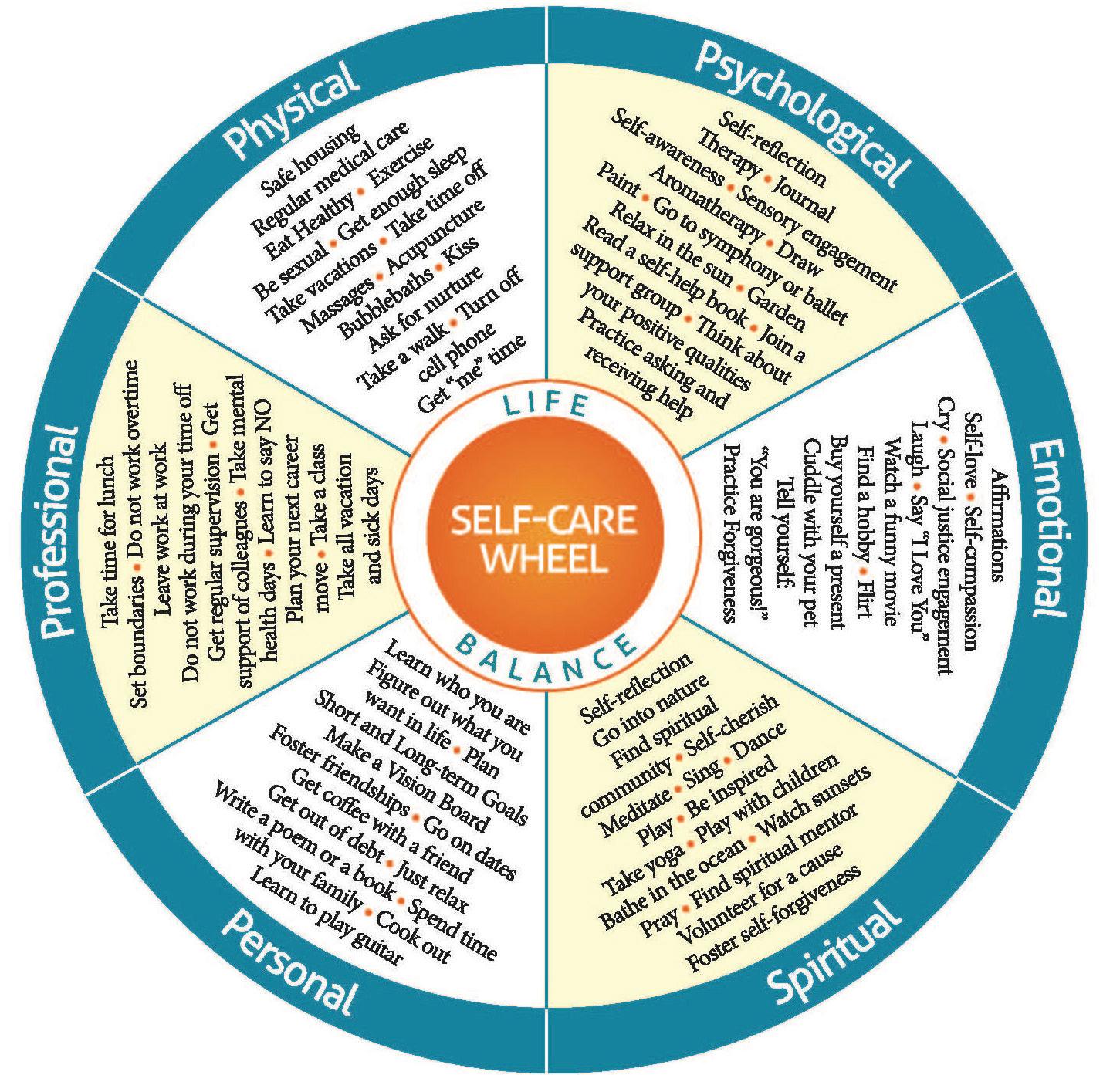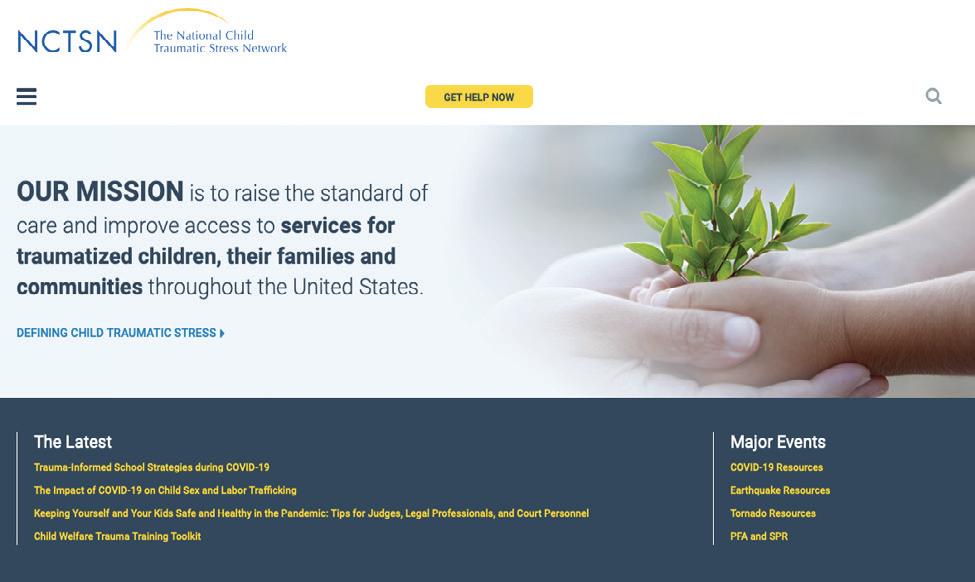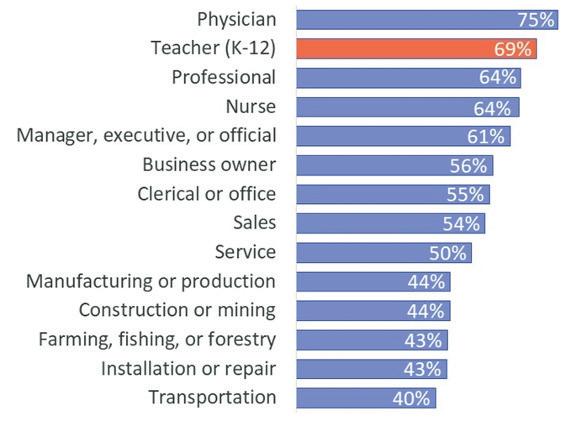Preparing for Interviews and Job Fairs
Being Trauma-Informed During the Interview Dr. Toni L. Mild, Dr. Jessica Hall-Wirth, Dr. Ashlea Rineer-Hershey College of Education, Slippery Rock University of Pennsylvania
I
n an interview, you could be asked about your experience working with students who have been exposed to trauma (also called Adverse Childhood Experiences or ACEs). These students are not always “identified” nor will they have a plan that outlines how their trauma has affected them. Both new and experienced teachers may need help developing a detailed plan outlining instructional practices to help these students be successful. To become more knowledgeable about ACEs, including the triggers that impact students, here are several reputable websites that you can refer to for information as well as pointers as to how you can utilize trauma-informed teaching practices—not only in your interview but also within your classroom.
1. Centers for Disease Control and Prevention https://www.cdc.gov/violenceprevention/aces/index.html This site provides fast facts, ACE study findings, resources, and articles.
2. National Child Traumatic Stress Network nctsn.org This site provides information about child trauma, effective treatments and practices, trauma-informed care, and other resources, including several toolkits for educators.
3.) Substance Abuse and Mental Health Services Administration samhsa.gov This site provides information about resources available for child trauma-informed care, publications, data, programs, and grant opportunities.
These websites can provide you with valuable information to develop knowledge and skills for greater effectiveness as an educator.
64 American Association for Employment in Education































